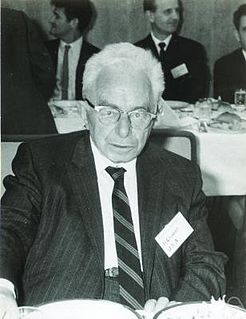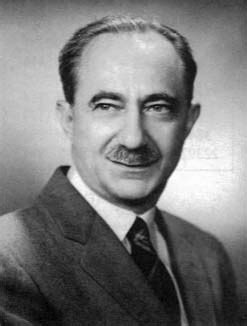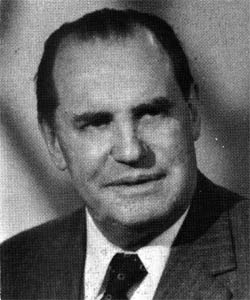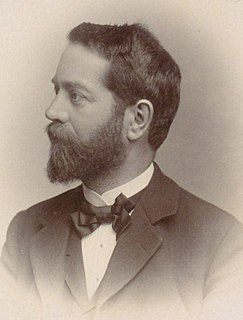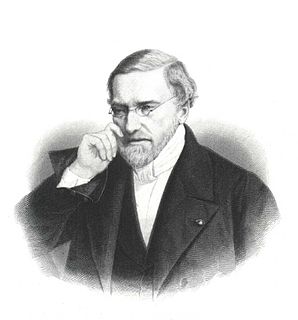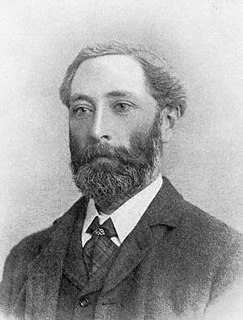A Quote by Nicholas Murray Butler
The analytical geometry of Descartes and the calculus of Newton and Leibniz have expanded into the marvelous mathematical method
Quote Topics
Related Quotes
The analytical geometry of Descartes and the calculus of Newton and Leibniz have expanded into the marvelous mathematical method-more daring than anything that the history of philosophy records-of Lobachevsky and Riemann, Gauss and Sylvester. Indeed, mathematics, the indispensable tool of the sciences, defying the senses to follow its splendid flights, is demonstrating today, as it never has been demonstrated before, the supremacy of the pure reason.
The stone that Dr. Johnson once kicked to demonstrate the reality of matter has become dissipated in a diffuse distribution of mathematical probabilities. The ladder that Descartes, Galileo, Newton, and Leibniz erected in order to scale the heavens rests upon a continually shifting, unstable foundation.
You'll remember Newton was furious at Leibniz, because he developed calculus at the same time. And he went to his death believing that he had copied him. And no, it's because all the elements were there, so it's almost inevitable that the next discovery - as long as people are free and allowed to experiment and try new things.
I was trying to run something to ground that had come to my attention when I was working on the Baroque Cycle. That series, of course, was about the conflict between Newton and Leibniz. Leibniz developed a system of metaphysics called monadology, which looked pretty weird at the time and was promptly buried by Newtonian-style physics.
If the system exhibits a structure which can be represented by a mathematical equivalent, called a mathematical model, and if the objective can be also so quantified, then some computational method may be evolved for choosing the best schedule of actions among alternatives. Such use of mathematical models is termed mathematical programming.
In fact, Gentlemen, no geometry without arithmetic, no mechanics without geometry... you cannot count upon success, if your mind is not sufficiently exercised on the forms and demonstrations of geometry, on the theories and calculations of arithmetic ... In a word, the theory of proportions is for industrial teaching, what algebra is for the most elevated mathematical teaching.
Foreshadowings of the principles and even of the language of [the infinitesimal] calculus can be found in the writings of Napier, Kepler, Cavalieri, Pascal, Fermat, Wallis, and Barrow. It was Newton's good luck to come at a time when everything was ripe for the discovery, and his ability enabled him to construct almost at once a complete calculus.

